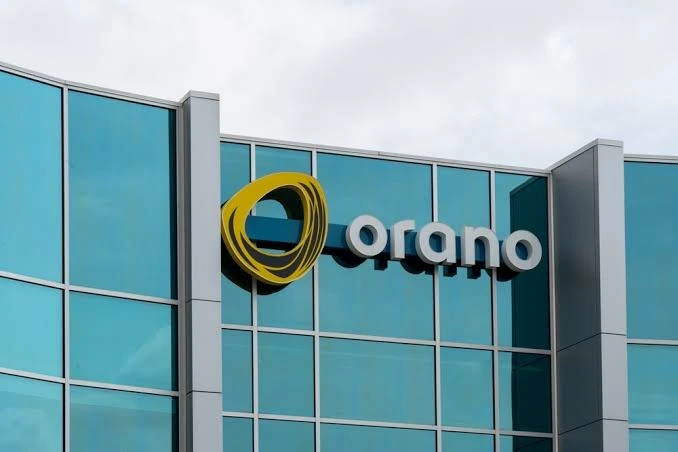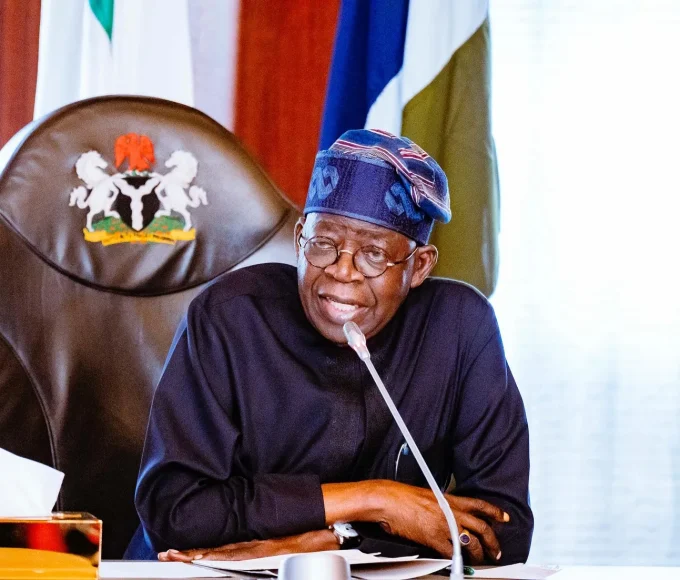
French Firm Orano Pursues Legal Action Against Niger Over Revoked Mining Licence

French nuclear fuel company Orano has launched international arbitration against Niger following the country’s decision to revoke a key mining licence. The move comes after months of failed mediation efforts.
The dispute began in June when Niger withdrew Orano’s licence for the Imouraren uranium deposit, one of the world’s largest, with an estimated 200,000 tonnes of reserves. The site, located in northern Niger, has remained unexploited since 2015 due to falling uranium prices after Japan’s 2011 nuclear disaster. Authorities warned Orano that the licence would expire on 19 June if mining operations did not resume. Despite Orano submitting a proposal to begin work, the licence was cancelled.
In October, Orano announced it would suspend operations at its Somaïr mine in Arlit. The company said it could not continue production due to export challenges. Closed borders with Benin and failed attempts to transport uranium via Namibia left Orano with 1,050 tonnes of uranium concentrate stuck in Niger. This stockpile, valued at €300 million, represents nearly half Somaïr’s annual output.
The suspension drew criticism from Nigerien authorities, who accused Orano of acting unilaterally and ignoring established agreements. The Société de Patrimoine des Mines du Niger (SOPAMIN), which co-owns Somaïr, said it was not consulted about the decision. Somaïr’s management assured that steps were being taken to maintain operations, suggesting that production could continue despite the company’s suspension.
In December, Orano announced that Niger’s government had taken operational control of Somaïr, escalating the conflict. Orano holds a 63.4 per cent stake in the mine, while the Nigerien state owns the rest. The government has been overhauling its mining sector to reduce foreign influence and ensure that resources directly benefit the nation.
This shift follows a broader policy change under Niger’s military-led government, which came to power in July 2023. The administration has moved away from traditional Western alliances, forming new partnerships with countries like Russia. In September, it approved the creation of state-run companies to oversee uranium and gold mining. The government hopes to focus on taking charge and reshaping the country’s mining landscape.
Read More:
- Recent Stampedes at Palliative Venues Reflects Systemic Failures in Our Society – Obi
- Port Harcourt Refinery Shuts Down Less Than a Month After Resumption, Despite $1.5 Billion Rehabilitation Claims
About The Author
Related Articles
Tinubu, Shettima to Spend N12.2bn on Travel and Transport as Nigerians Struggle With Cost of Living and Insecurity
Details from Nigeria’s 2026 Appropriation Bill show that President Bola Ahmed Tinubu,...
ByWest Africa WeeklyJanuary 10, 2026Senegal Beat Mali to Become First AFCON 2025 Semi Finalists
Senegal secured the first semi final place at the 2025 Africa Cup...
ByWest Africa WeeklyJanuary 10, 2026Tinubu Govt Questioned Over Super Eagles Bonus Standoff
Nigeria’s Super Eagles were thrown into turmoil at the 2025 Africa Cup...
ByWest Africa WeeklyJanuary 9, 2026Tinubu’s Govt Allegedly Uses Celebrities to Promote Tax Payments Despite Altered Tax Law
A wave of video clips circulating on social media shows high-profile Nigerian...
ByWest Africa WeeklyJanuary 9, 2026












Leave a comment